Wrapped in a thick muffler, gloves, jacket, and carefully adjusting my mask, stepping out into the cold winter air became my routine for a solid month as a field researcher. My fellow researchers and I met at Kalika Chowk in eastern Pokhara to begin our day, with the morning chill creeping through our layers during the winding scooter ride. As the sun shone on the hilltops, we approached the heart of Pokhara Metropolitan City, still enveloped in a thick fog, as if the clouds had come to rest.
By 9 AM, we arrived at the city center to our favorite resting spot. As we sipped tea, we made phone calls to survey participants, namely users of hypertension and diabetes services identified from pharmacy registers, and confirmed their availability for the day. Soon after, we set off again, carrying heavy rucksacks filled with weighing machines, stadiometers, and blood pressure kits, all weighed down by the responsibility of ensuring accurate data collection. The task was demanding, but we were determined to get it right.
As we walked from one home to another, we were greeted with warmth that contrasted the biting cold. Every day in the field felt just as exciting as the first. There were new interactions, unfamiliar paths, and the occasional challenge of getting lost. Some days, we navigated deep gorges; other days, we climbed hilltops. Each morning brought a different experience. Some days, we struggled to track patients; other times, we had long lines of people waiting for their blood pressure measurements.
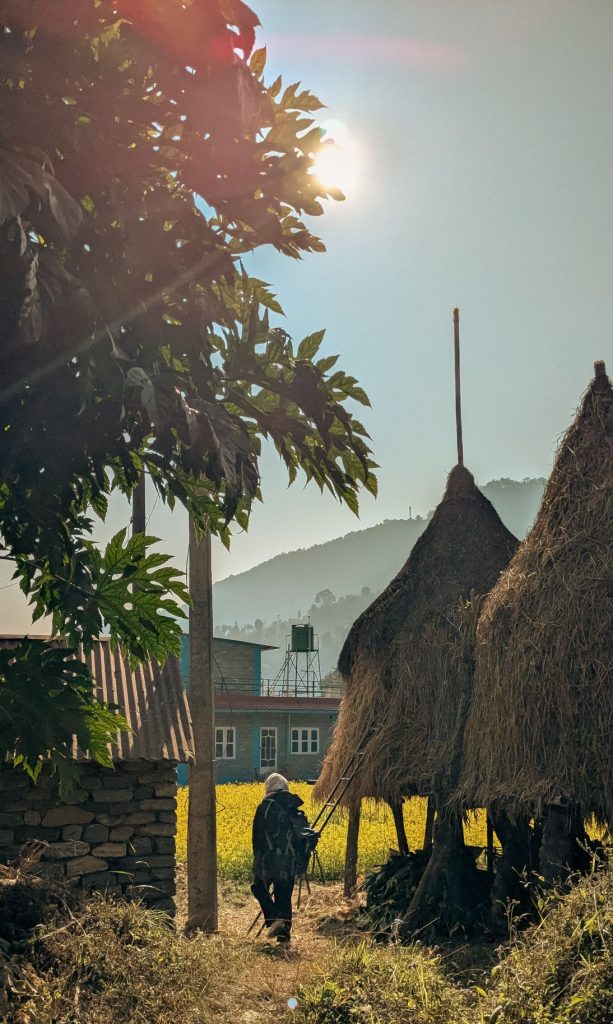
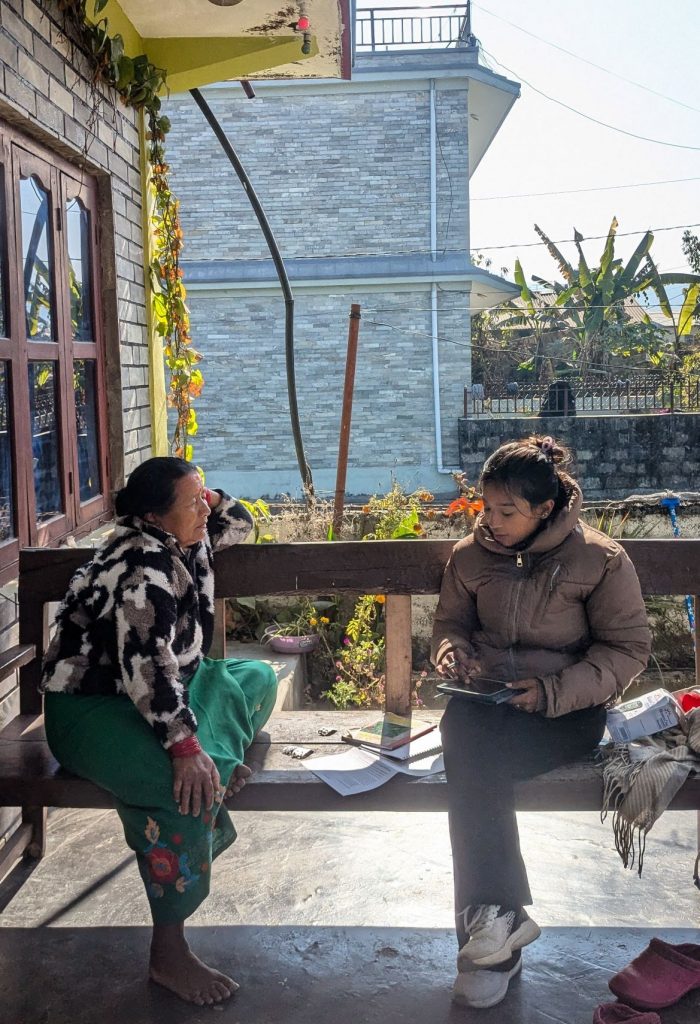
Interacting with participants was one of the most fulfilling aspects of our work. The majority of them were genuinely happy with our visit, showing gratitude through smiles and kind words, treating us with respect. Their warmth made the challenges of fieldwork feel small. When we returned for follow-up interviews, their joy was even more apparent—glad we had kept our word.
Despite the long days, we found joy in the simpler moments. We took breaks to enjoy homemade lunches, and like the focus of our study, we too minimized processed and packaged foods. Walking through mustard and buckwheat fields under the winter sky, the breeze brought a sense of calm that eased our exhaustion.
However, fieldwork wasn’t all peaceful. We also witnessed the harsh realities faced by the urban poor in accessing basic healthcare. Many couldn’t afford regular medical check-ups, and others lacked the time or resources to visit health facilities. Throughout our work, we didn’t just collect data—we listened to countless stories of hardship and resilience. While we couldn’t provide immediate solutions, our research aimed to identify barriers and improve access to essential healthcare services, including screenings, referrals, and recommendations.
Our challenges weren’t limited to the communities we visited. As a rapidly growing metropolis and tourist hotspot, the near constant construction work made the Pokhara roads bumpy, uneven, and slippery. Despite these hurdles, the people, their warm welcomes, heartfelt conversations, and the deep connections made every challenge worth it. This experience reminded us that beyond data collection, we were there to understand lives, experiences, and the healthcare challenges faced by these communities.
As a Field Researcher at HERD International, I had the opportunity to contribute to health system strengthening research as a young public health professional. I saw firsthand the challenges people face in accessing basic healthcare, particularly in underserved communities. Listening to patients’ stories deepened my understanding of the complexities surrounding the constitutionally guaranteed right to healthcare. Navigating difficult terrains, managing unpredictable schedules, and ensuring accurate data collection taught me adaptability, resilience, problem-solving, teamwork, and the importance of research integrity.
By the end of the month, the unfamiliar paths we once struggled to navigate had become routes we knew by heart. The people who were once strangers now greeted us with friendly smiles, stopping to chat whenever they saw us. This transformation—from outsiders to feeling a sense of belonging—was one of the most fulfilling aspects of the experience. It was a reminder that fieldwork isn’t just about collecting data; it’s about building human connections, sharing experiences, and leaving a small but meaningful impact.
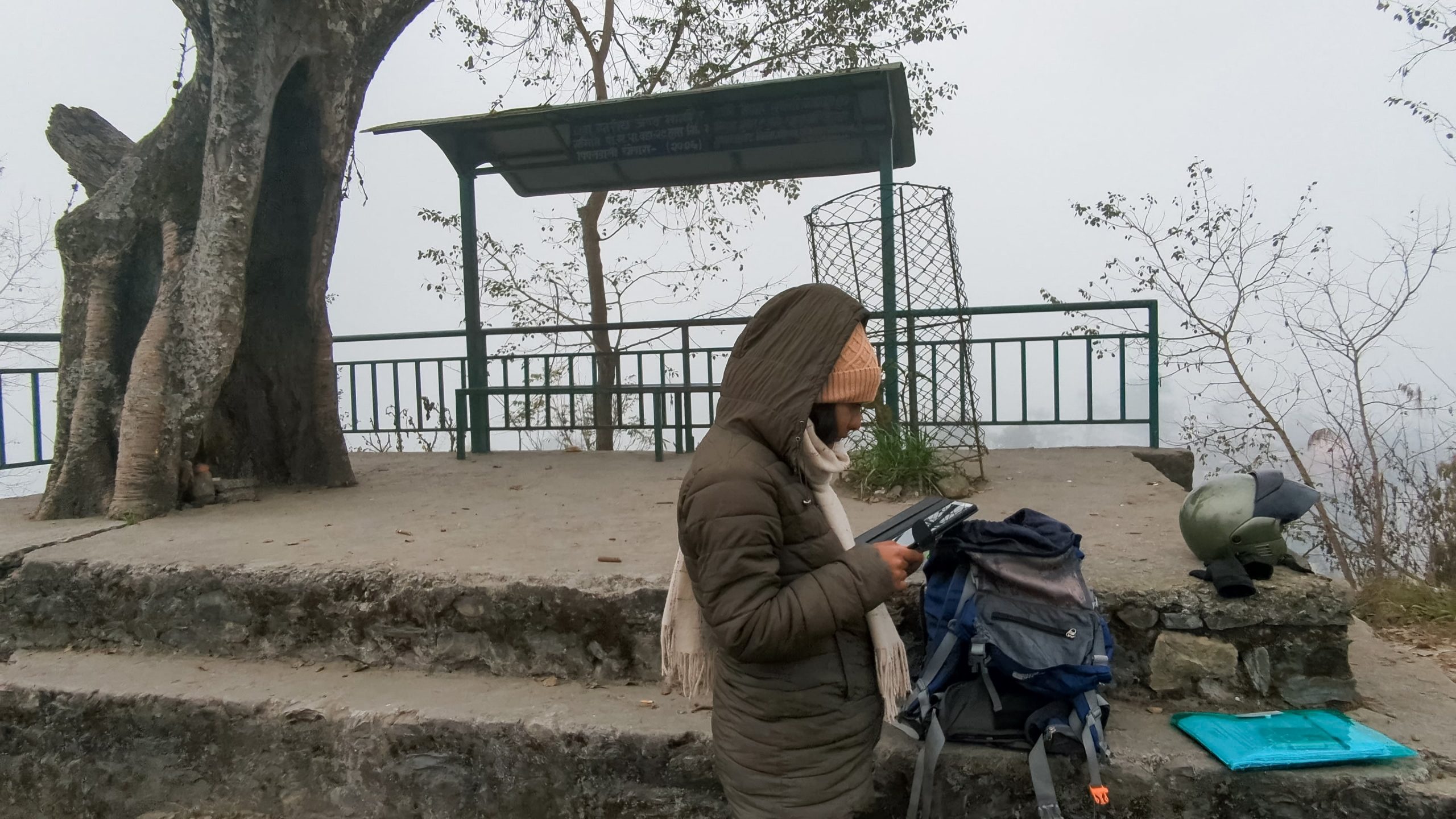
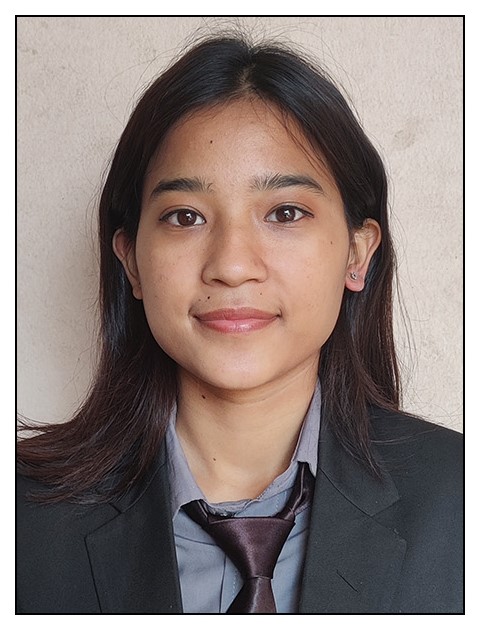





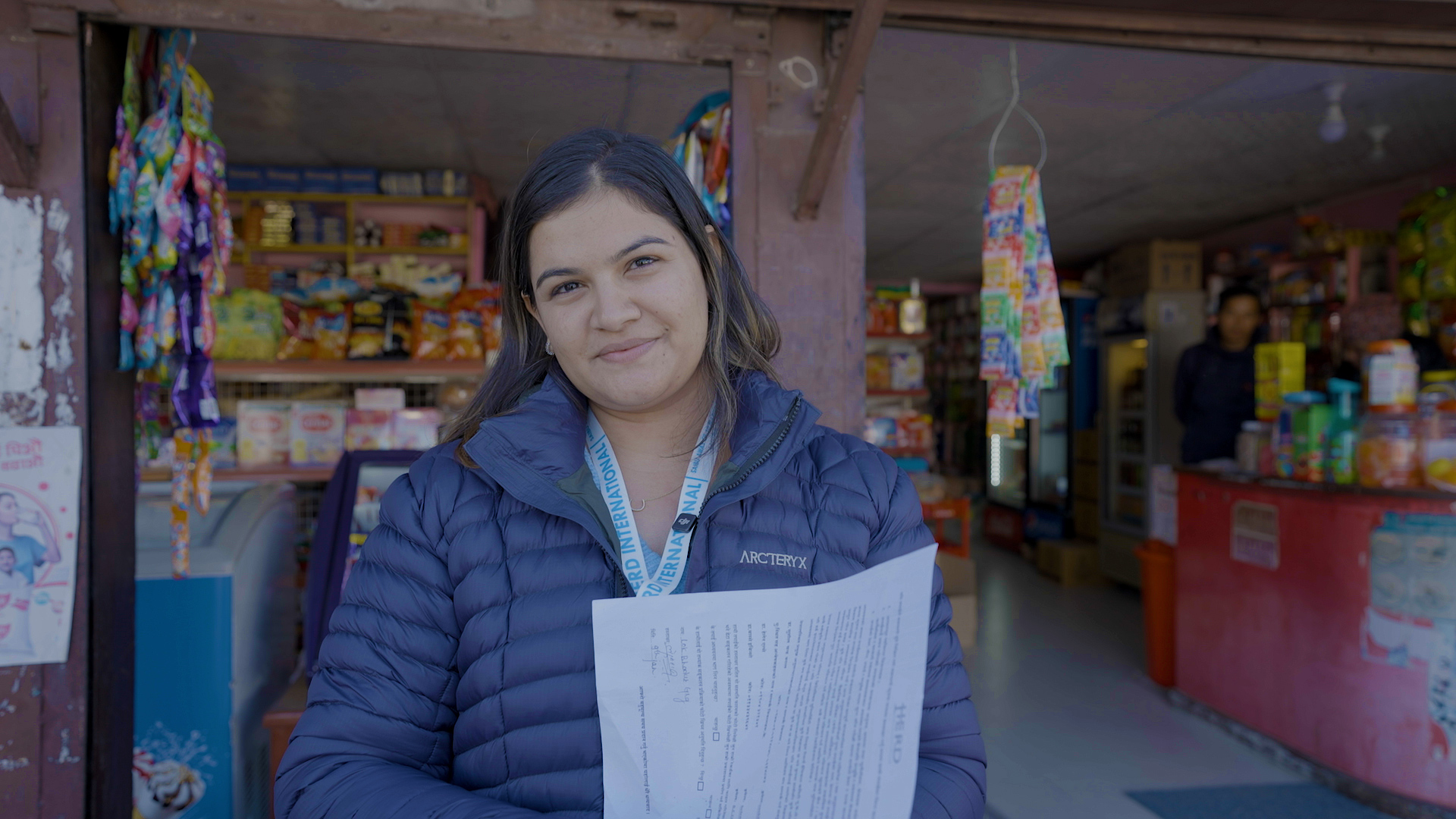


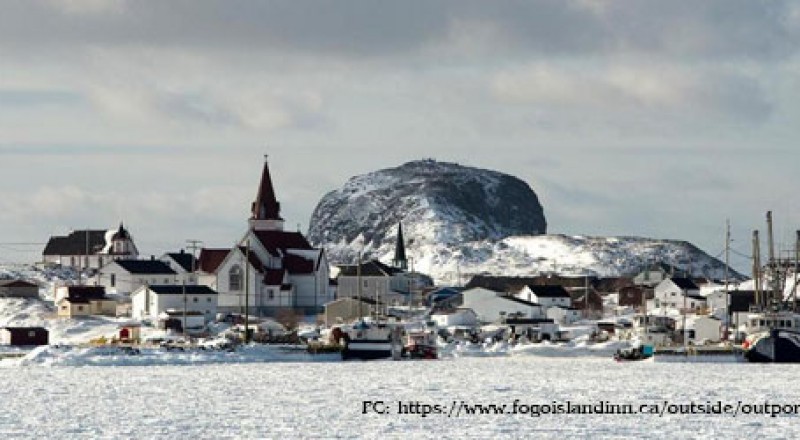

Comments (0)
No comments found.